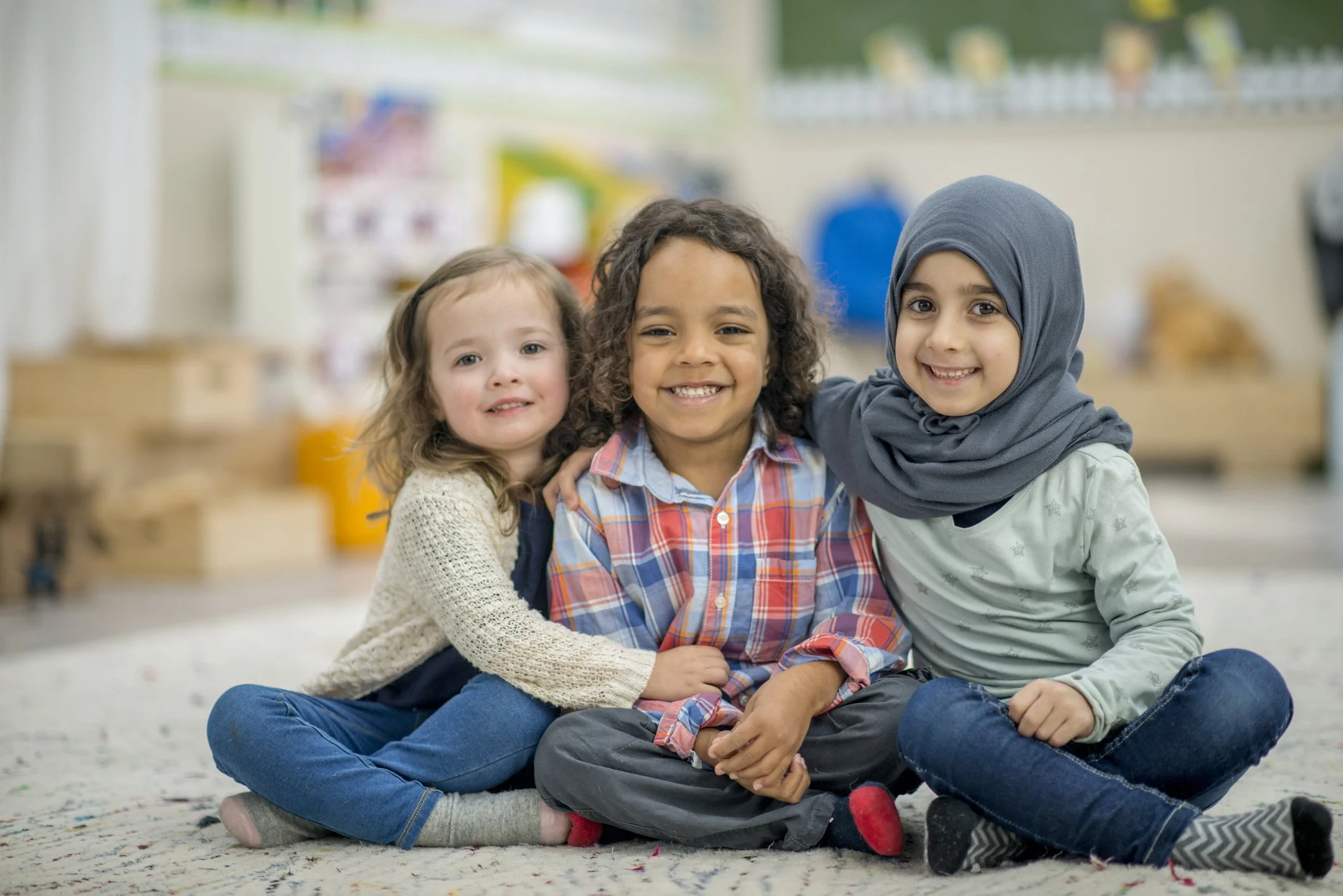Refugee Children’s Health
The fastest period of child development occurs in the first five years of life when approximately 90% of the young brain develops. Research shows that during this significant stage, a child’s environment exerts lifelong impacts. Thus, a child’s early experiences and relationships directly influence well-being as the child grows physically, emotionally, and socially. In this period, children hit major developmental milestones in movement alongside behavioral, cognitive, and communication advances. Safe, supportive, and encouraging environments are critical for early childhood development.
Refugee children experience challenging family circumstances and intense physical and mental stress. Forcibly displaced and fleeing conflict, violence, and persecution, many refugee children and their families suffer the loss of loved ones and community. Such traumas increase their vulnerability to abuse, neglect, violence, exploitation, and human trafficking, whether these harms are experienced in their country of origin, during the disruption of displacement, or adjusting to resettlement here in the United States.
Compounding the risk is that upon arrival, refugee families lack economic resources, social networks, healthcare access, and health system literacy and must acquire knowledge of the host country’s language and culture. Accessing and seeking healthcare may be impeded not only by these factors but also by fear of discrimination and stigma in combination with a lack of knowledge of/or trust in Western healthcare and culturally competent care providers.
Our Work
-
Refugee Family Support (RFS)
RFS addresses the comprehensive wellness of refugee families with children prenatal through age five, connecting families to important services and support as they resettle in Sacramento County, California.
-
Refugee School Impact (RSI)
RSI provides academic and social support services to newly arrived school-aged children, youth, and their families from Afghanistan and Ukraine.


